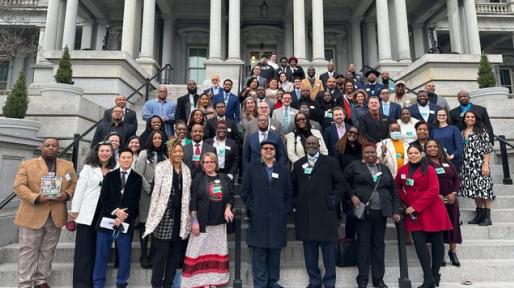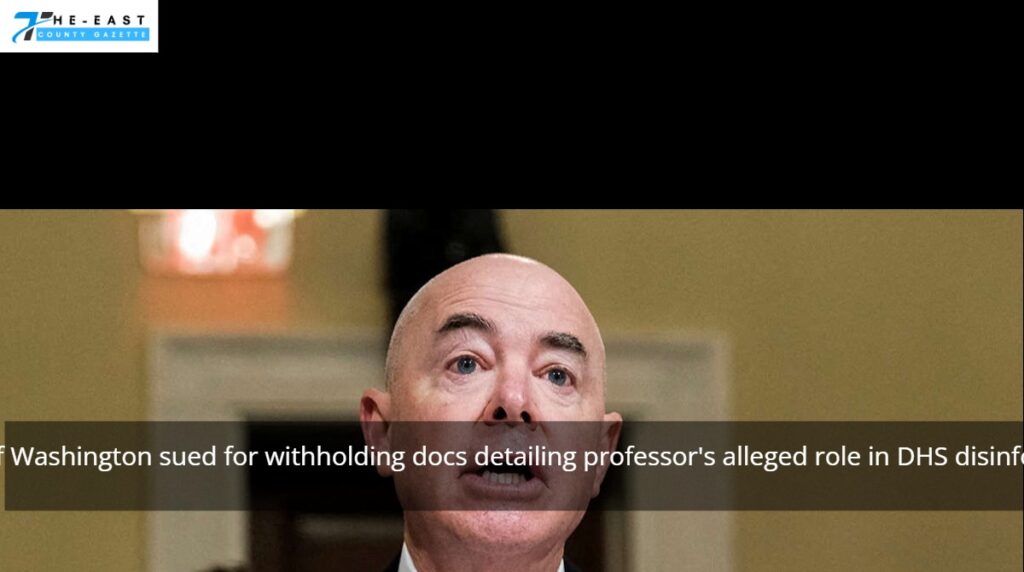
Independent watchdog Protect the Public’s Trust filed a lawsuit in its pursuit of documents from professor Kate Starbird about her work on the advisory committee for the DHS’s Cybersecurity and Infrastructure Security Agency (CISA).
The committee, which also consists of current and former employees of Big Tech firms such as Twitter, Meta and Google, drafted a report to the CISA director that concluded the agency should shape the “information ecosystem” as it monitors social media content.
Starbird claimed that providing documents on her involvement with the committee would likely take years to complete. The University of Washington said it would process the October public information request from Protect the Public’s Trust by March but may need an extension.
Protect the Public’s Trust claims the university has not provided any information as to why the request will take an extended period to process.
“The University’s response is effectively an admission that it has not searched for records or even conducted a cursory review to plan a later search but that, when it does, it may take even more time,” the lawsuit filed Thursday states.
The University of Washington website states Starbird co-founded the Center for an Informed Public in 2009, which has a “shared mission of resisting strategic misinformation, promoting an informed society and strengthening democratic discourse.”
The university told Fox News Digital it has received 10 public information requests regarding the center, which takes times to process “based on several factors, including but not limited to current workload of existing requests and the potential size of the request.”
“The Public Records Act indicates that responding to public records requests shall not excessively interfere with other essential functions of the agency, such as teaching and research, and, as noted above, there are already several other requests that are being addressed by CIP,” a spokesperson told Fox News Digital.
DHS has shifted in recent years to counter disinformation that spreads through the media. The agency created a Disinformation Governance Board to police misinformation in April but paused its plan weeks after and later dissolved the group.
Public information requests and leaks later revealed the agency had a formalized process to flag Facebook to censor posts it viewed as disinformation. Federal officials would often send what they believed to be misinformation to CISA, which would then advise social media companies to censor the content.

